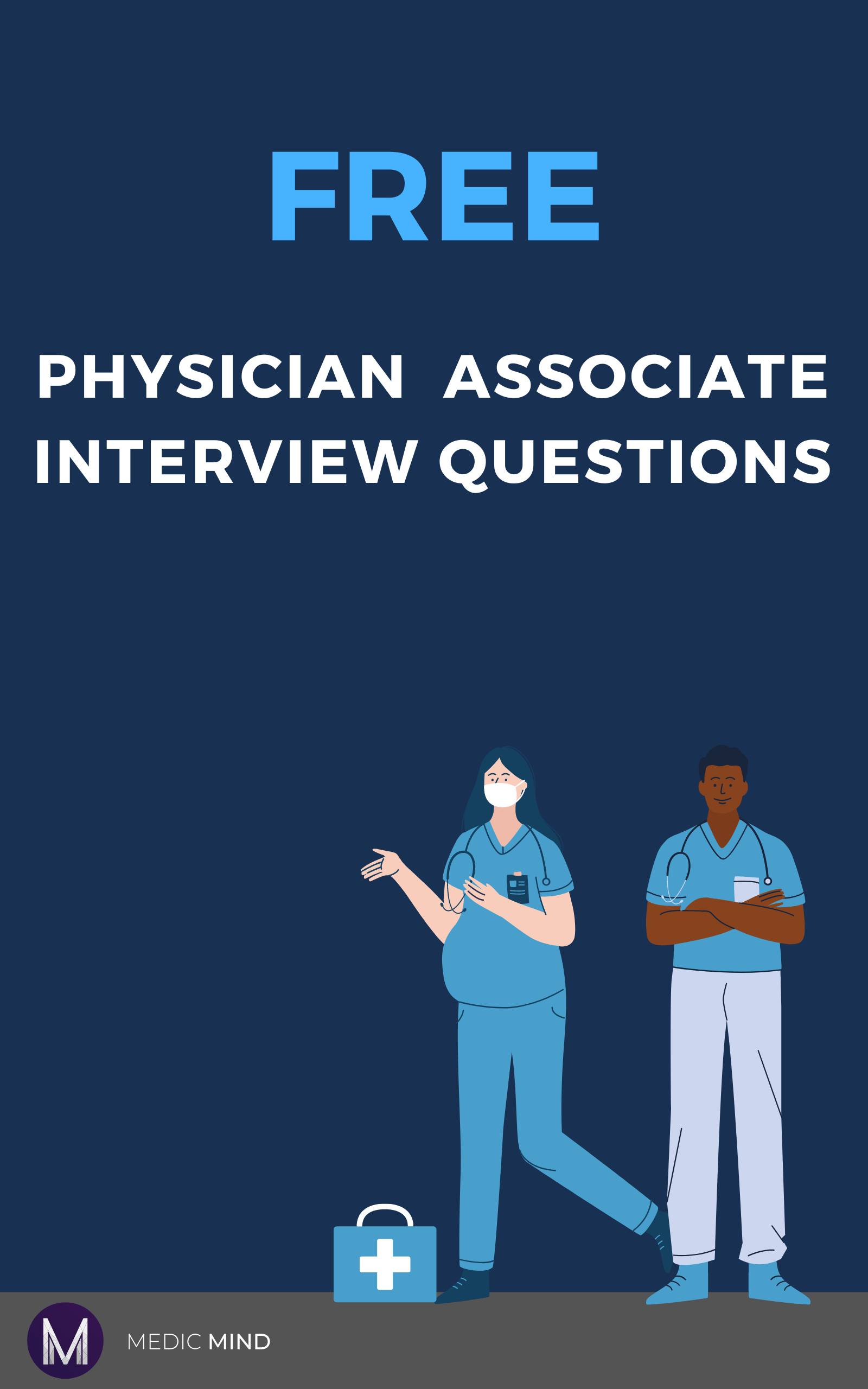Loading...

Top Physician Associate Interview Preparation Questions
Physician Associates (PAs) are rapidly gaining popularity in the UK healthcare industry. PAs are licensed healthcare professionals who collaborate with physicians and are trained to perform various medical duties, such as diagnosis, treatment, and prevention of illnesses. If you’re planning to pursue a career as a PA in the UK, it’s essential to know that admission to a PA programme requires a Physician Associate interview.
In this article, we’ll provide you with some Physician Associate University Interview Tips to help you prepare for your interview and increase your chances of getting admission.
Research the Course and University
Before your interview, it’s essential to research the Physician Associate course and the university where you’ll be studying. You should know the course content, its objectives, and how it aligns with your career goals. You should also know about the university’s academic reputation, facilities, and location. Additionally, you can read the university’s student handbook and website to get an overview of what you can expect during your study period.
Review Your Physician Associate Application
It’s important to review your application before your interview to remember your previous academic achievements, work experience, and your personal statement. Your application is the first impression that the interviewer has of you, so it’s important to know what you wrote in it. You should be prepared to answer any questions that the interviewer may have about your application.
Prepare for Common Interview Questions
Physician Associate interviews are designed to assess your academic ability, communication skills, and suitability for the course. You should be prepared to answer questions that relate to these skills.
What are some common Physician Associate interview questions?
- Why do you want to become a Physician Associate?
- What qualities do you possess that make you suitable for the role?
- What experience do you have in the healthcare industry?
- What are your future career aspirations?

Prepare for Physician Associate Interview Scenarios
In addition to the common interview questions, Physician Associate interviews may also include some interview scenarios. These scenarios are designed to assess your problem-solving skills and your ability to think on your feet.
The interviewer may present you with a case study or a scenario and ask you to diagnose and treat the patient. You should be familiar with common medical conditions, their symptoms, and the treatments available. Additionally, you should be prepared to explain your reasoning for your diagnosis and treatment plan.
Dress Appropriately
Your appearance is also important during your interview. You should dress appropriately for the interview, as this will show that you’re taking the interview seriously. You should dress professionally, wear neat and tidy clothing, and avoid wearing anything too revealing or distracting.
Arrive on Time
Punctuality is key when it comes to Physician Associate interviews. You should arrive at the interview location at least 15 minutes before the scheduled time. This will give you enough time to find the interview room and prepare yourself mentally. If you’re running late due to unforeseen circumstances, then make sure to call the university and inform them of your delay.
Practise Communication Skills
Effective communication is essential for Physician Associates, and the interviewer will assess your communication skills during the interview. You should practise your communication skills before the interview, such as speaking clearly and concisely, maintaining eye contact, and using appropriate body language. You should also be prepared to listen actively and respond appropriately to questions.
ᐅ Image credit: Photo by Brooke Cagle
ᐅ Image caption: Practice for PA interview questions
ᐅ Alt text: Practice your response for Physician Associate Interview
Be Confident
Confidence is key during Physician Associate interviews. You should be confident in your abilities and your qualifications. Remember to speak clearly, maintain eye contact, and sit up straight. Additionally, you should be prepared to ask questions to the interviewer to show your interest in the course and the university.
The Physician Associate interview is an important step in the admission process, and it’s essential to prepare thoroughly to increase your chances of getting admission. By researching the course and the university, reviewing your application, preparing for common interview questions and scenarios, dressing appropriately, arriving on time, practicing your communication skills, and being confident, you’ll be well-prepared for the interview.
Remember to ask questions during the interview to show your interest in the course and the university. With the right preparation, you can succeed in your Physician Associate interview and take the first step towards a fulfilling career in healthcare.
FAQs
To become a Physician Associate in the UK, you’ll need a bachelor’s degree in a relevant subject, such as life sciences or healthcare, and at least 2,000 hours of healthcare experience. You’ll also need to complete a Physician Associate programme accredited by the Faculty of Physician Associates at the Royal College of Physicians.
Physician Associate programmes in the UK typically take two years to complete. The programme’s first year is usually focused on classroom-based learning, while the second year includes clinical placements.
You should ask questions that show your interest in the course and the university. You can ask about the course content, the clinical placements, and the university’s facilities. Additionally, you can ask about the employment prospects for Physician Associates in the UK.
While a healthcare background is preferred, some universities may accept candidates with a non-healthcare background, provided they have relevant experience and qualifications. You should check the specific requirements of each university before applying.
Physician Associate programmes are becoming increasingly competitive as the demand for healthcare professionals continues to grow. It’s essential to prepare thoroughly for the interview and demonstrate your suitability for the course.





Was this article helpful?
Still got a question? Leave a comment
Leave a comment